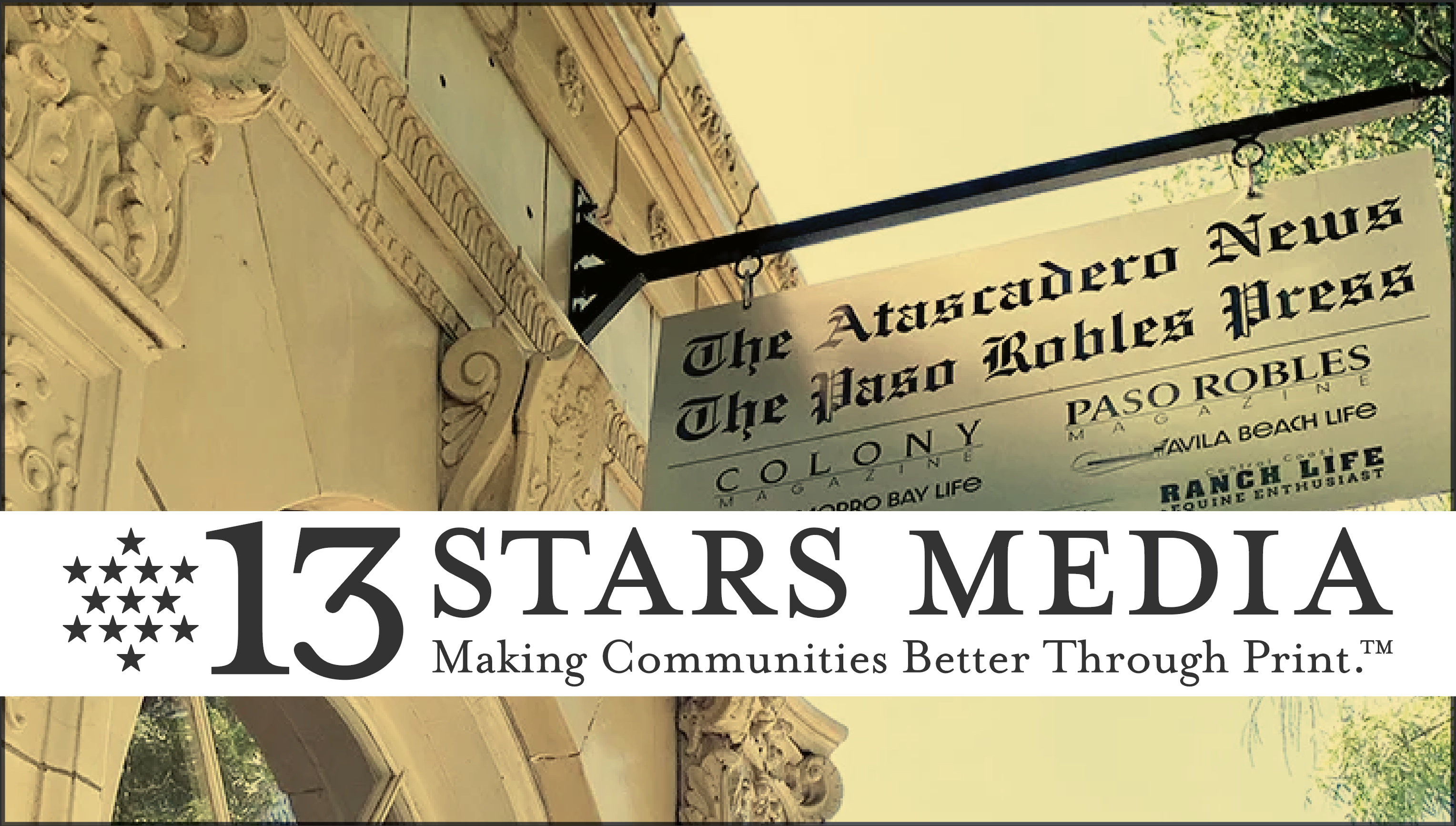“Every crowd has a silver lining.”
~ P.T. Barnum
During the pandemic, many of our evenings include watching old shows on Turner Classic Movies. A recent film I watched, “Look for the Silver Lining,” 1949 biographical musical of singer-dancer Marilyn Miller, caused me to reflect on how we interact during times of pandemic conditions. In one scene, a public health officer tacks a “Quarantine” sign to the family door because of a mumps outbreak. This scene made me appreciate today’s technology as Miller’s family could only talk through the door to each other.
The pandemic has changed the way we interact, perform services, and connect. Today unlike the early 1900’s we can still connect with the outside world because of technology. Periodically during the pandemic, I needed to unplug because of information overload from the news, Internet, and technology. There were times when dozens of calls and hundreds of emails were sharing challenges, requesting information, and simply connecting.
If we could travel back in time to 1918, the flu outbreak of those days was strangely like today’s COVID conditions.
Local 1918 leaders shuttered schools and saloons; quarantines restricted interactions with family, friends, and colleagues. One significant difference from today’s pandemic was that in 1918 only 35 percent of homes in the U.S. had a telephone and the Internet was not even a fictional concept. Even without the Internet, some 1918 schools made use of technology for education. In Long Beach, students quarantined at home were participants in early forms of remote education. “The pupils in the high school there were doing home study work and holding regular telephonic conversations with their instructor,” reported the Oakland Tribune.
To provide additional public safety and increase in-person education services, our local public health officer, Dr. Penny Borenstein, prioritized education employees for vaccination. During the first few weeks of education employee vaccinations Raechelle Bowlay from the Childcare Planning Council, her staff, and my office coordinated the nearly 8,000 education sector employees’ appointments. Childcare and K-12 employees from all districts, charters, early childhood centers, private and parochial schools were offered vaccination appointments. Today’s technology-enabled the immediate creation of reservation phone lines to schedule appointments.
Our offices were transformed into call centers enlisting anyone with strong phone skills and the ability to perform data entry while wearing a telephone headset. I worked the reservation line for several days to observe the process and provide breaks for my staff from the non-stop calls. A gratifying aspect of scheduling appointments was the genuine appreciation expressed by the callers. Several people recognized my voice, and I even received a few handwritten thank you notes. I considered this a “Silver Lining” moment during the pandemic.
After we scheduled between 80-90 percent of the education sector employees, I received a vaccination myself. Standing in line at the Paso Robles Events Center, I observed dozens of volunteers supporting our community. Off-duty nurses, doctors, pharmacists, veterinarians, EMTs, and anyone with medical training was welcomed into the medical reserve corps alongside other volunteers. Because my appointment was scheduled with the education sector, there were employees from most of the north county schools waiting in line. Everyone I spoke with was thankful to be vaccinated and excited about increasing in-person services for students, another “Silver Lining” moment.
The community spirit, human connection, and concern for others are part of my vaccination experience. My wife has served as an RN at Twin Cities Hospital for 32 years and is one of our vaccination center volunteers. I have enjoyed Carolyn’s stories about vaccinating people from our community and how we are moving forward together in protecting our neighbors and the most vulnerable. This pandemic has been challenging for the entire world. If we continue to demonstrate flexibility, patience, and kindness, those “Silver Lining” moments will materialize. It is an honor to serve as your county superintendent of schools.







